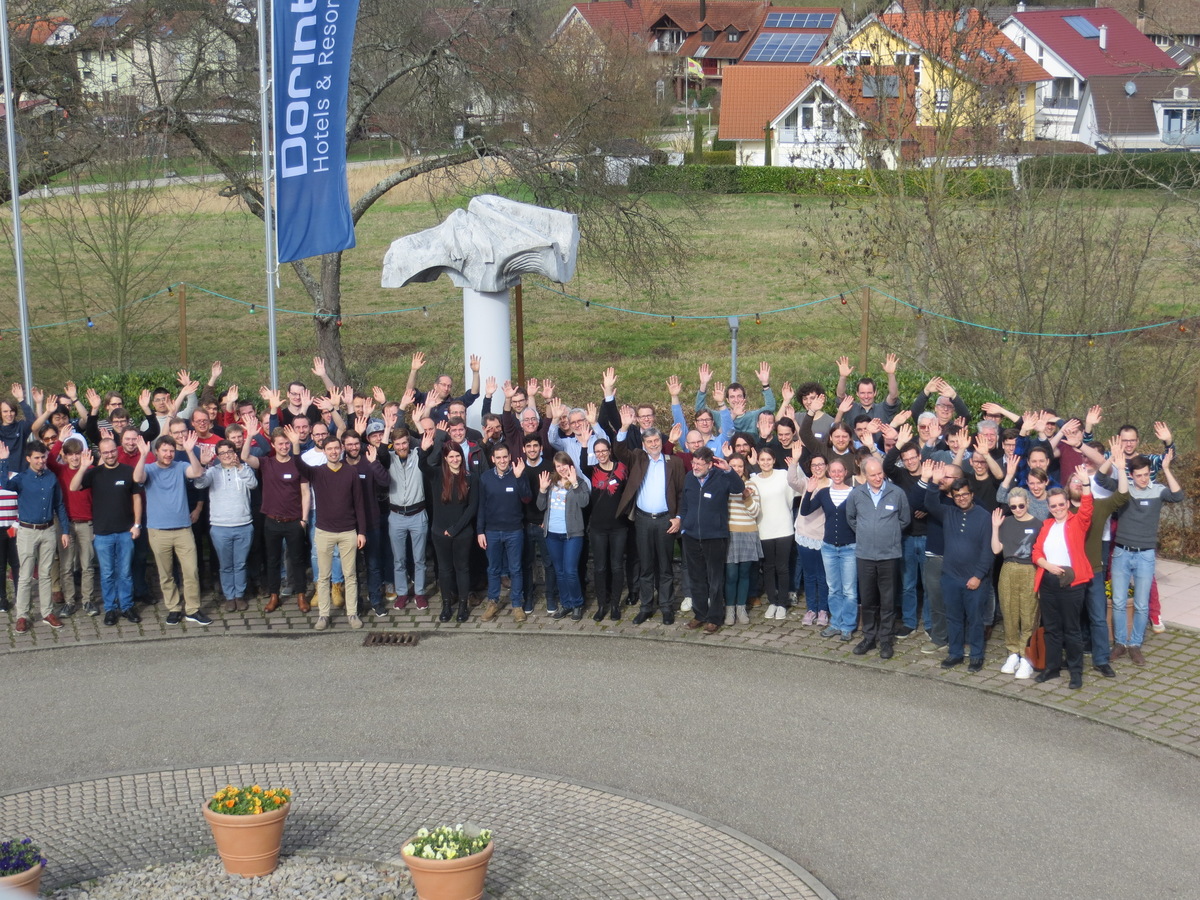
KSETA Plenary Workshop, 2020
KSETA Plenary Workshop brings together all Fellows and Principal Investigators within KSETA at KIT.

© PixaBay

KSETA Plenary Workshop brings together all Fellows and Principal Investigators within KSETA at KIT.
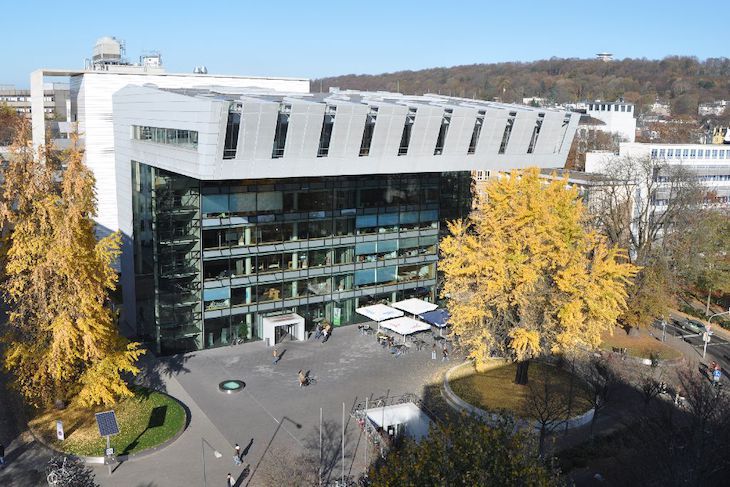
Supported by Helmholtz Alliance for Astroparticle Physics (HAP) and AKPIK, the workshop focussed on Deep Learning, Open Data-Software-Analysis through multiple lectures and a hands-on tutorial session.
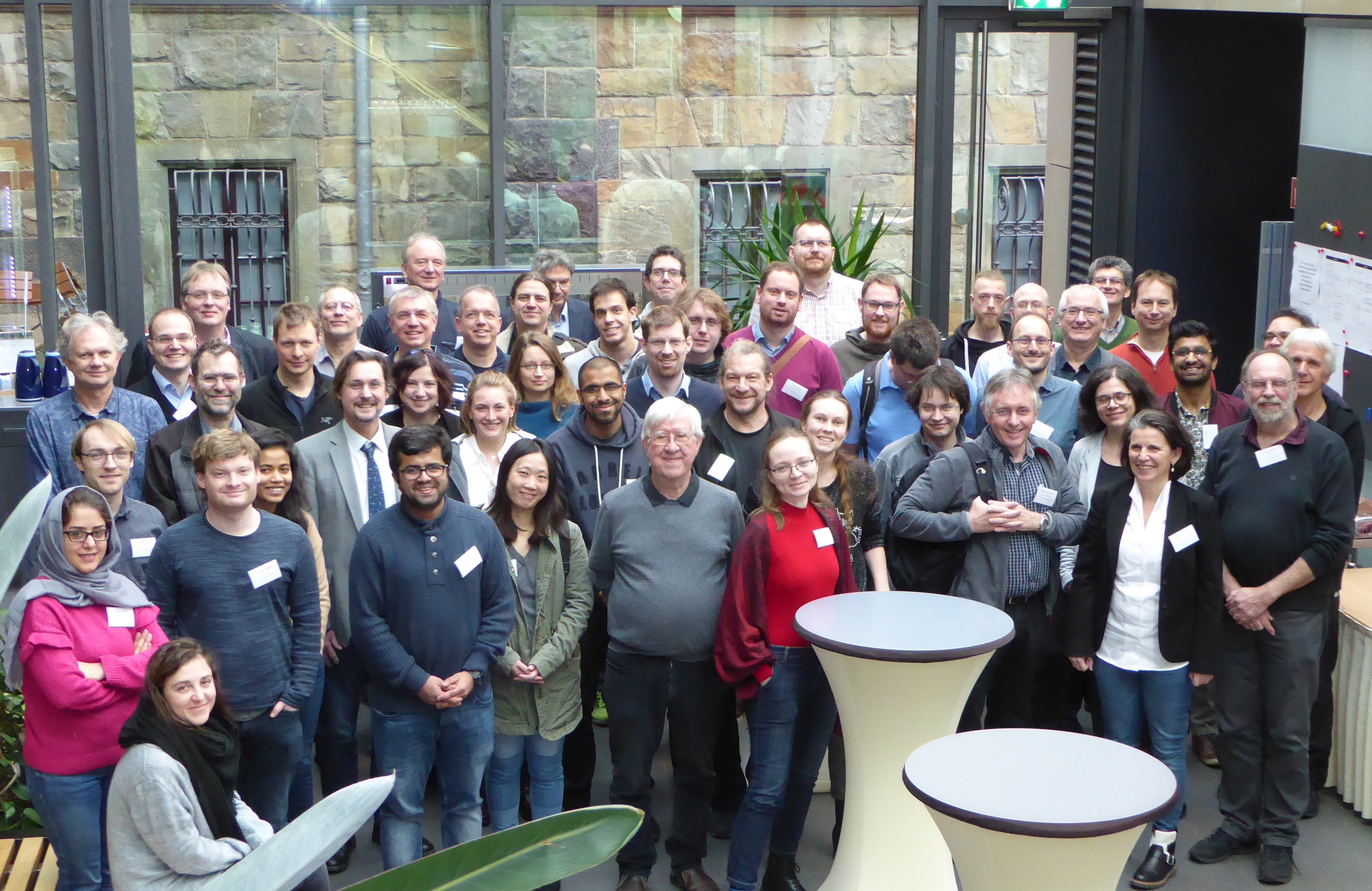
Funded by the famous Wilhelm and Else Heraeus Foundation, the conference brought together experts from science and industry with young scientists to discuss on strategies to meet challenges and produce robust and scalable solutions for a future scientific computing infrastructure.
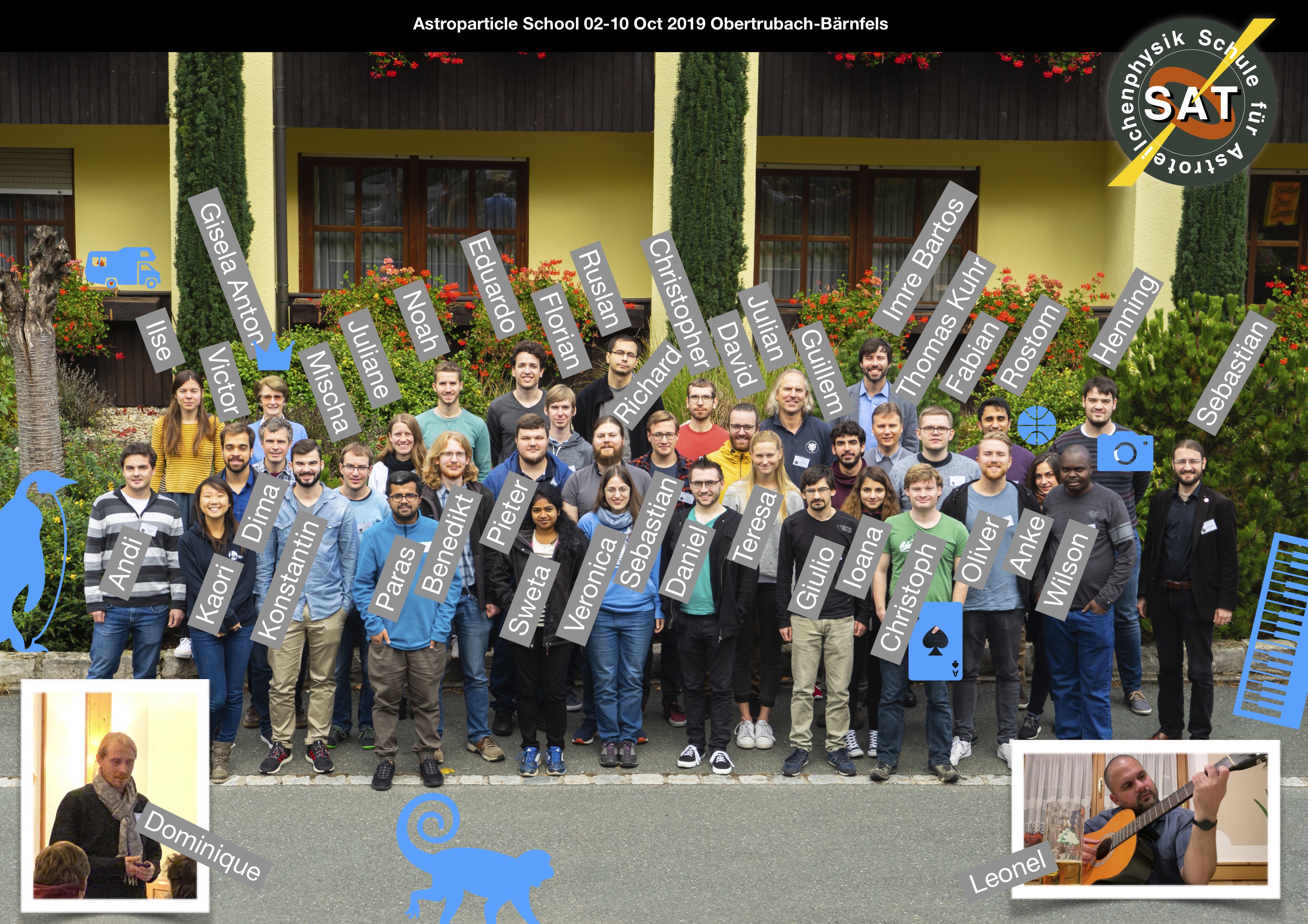
A small school held in a remote location focussed on imparting broad knowledge in astroparticle physics through dedicated lectures.
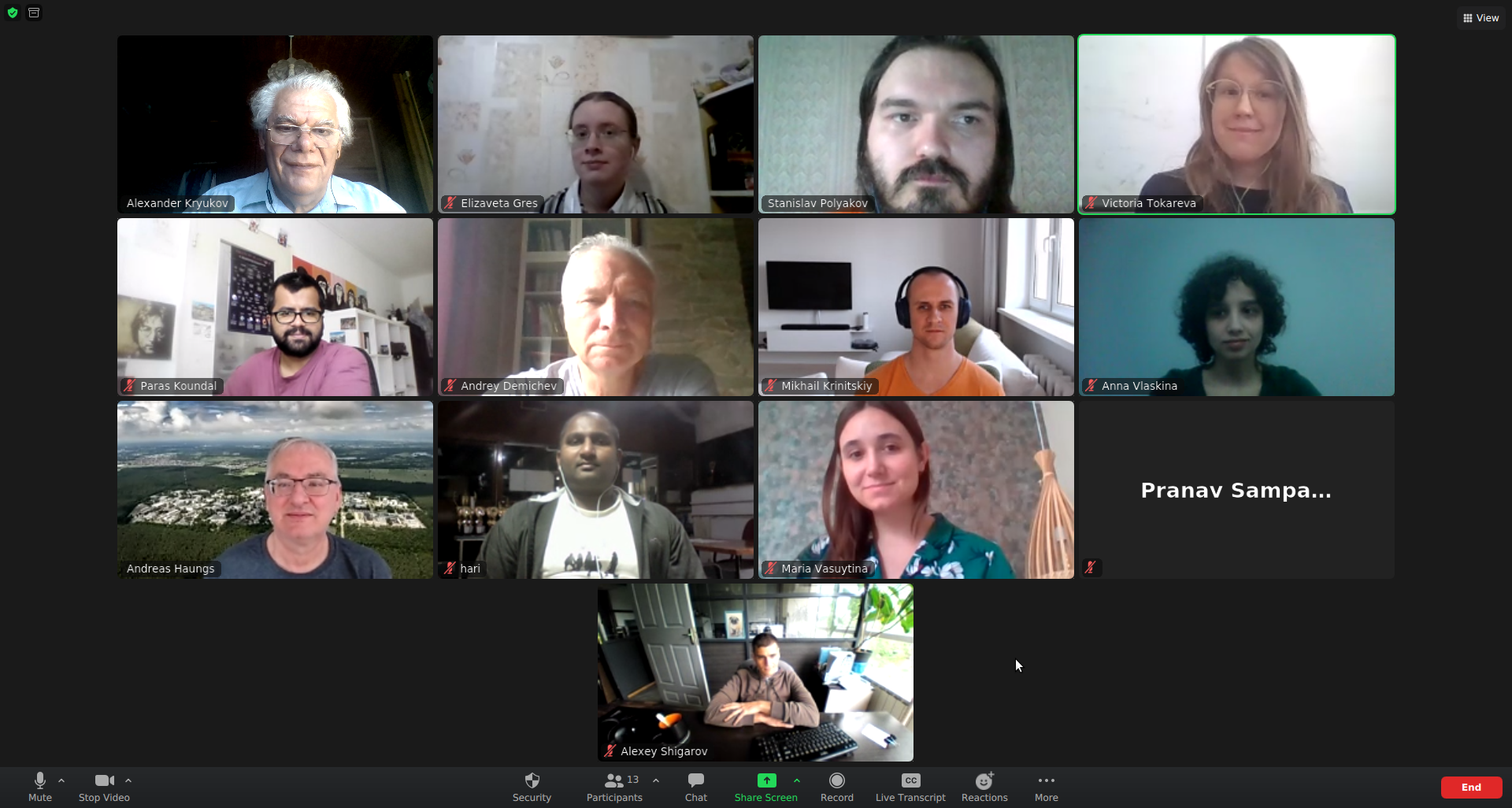
The workshop primarily focussed on the use of machine learning for applications in astrophysics. I gave an invited talk on Graph Neural Networks and a the possible applications in Cosmic-Ray Physics.
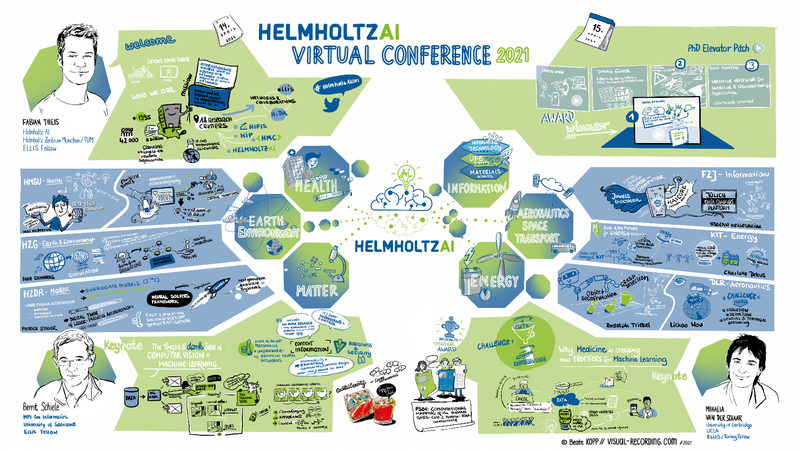
Helmholtz AI virtual conference 2021 was a unique conference which brought together people with a variety of domain expertise to discuss and share their ongoing research work. Also presented a poster about my ongoing work using Graph Neural Networks.
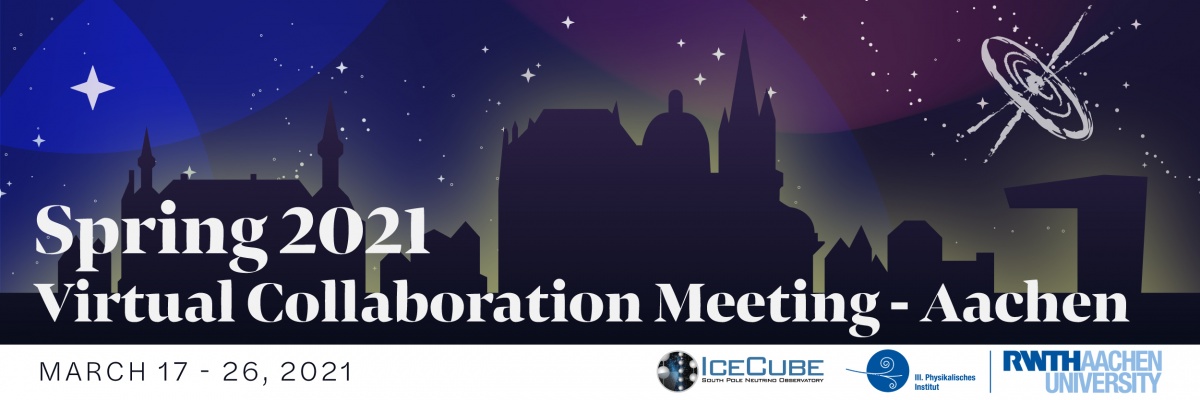
The meeting was again conducted virtually, from March 17 - 26, 2021. Similar to the last time, parallel sessions were held the first week and in the next week Plenary sessions were held. I presented in one of the parallel-sessions.
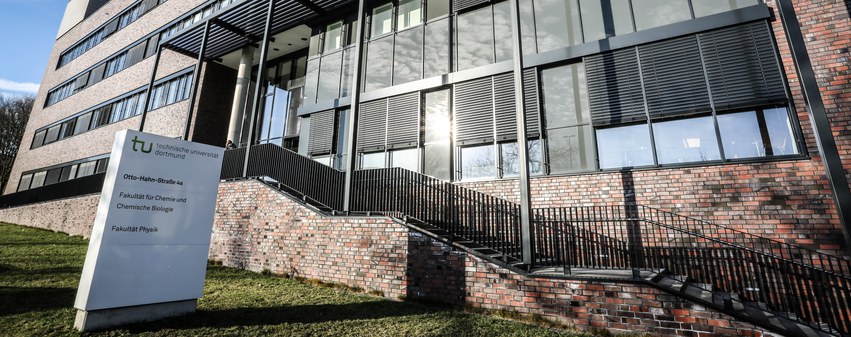
A Germany-wide meeting of bachelor students, master students, PhD Researchers, and higher working in the field of Physics and related areas to discuss their ongoing work or results. I also presented my ongoing work.
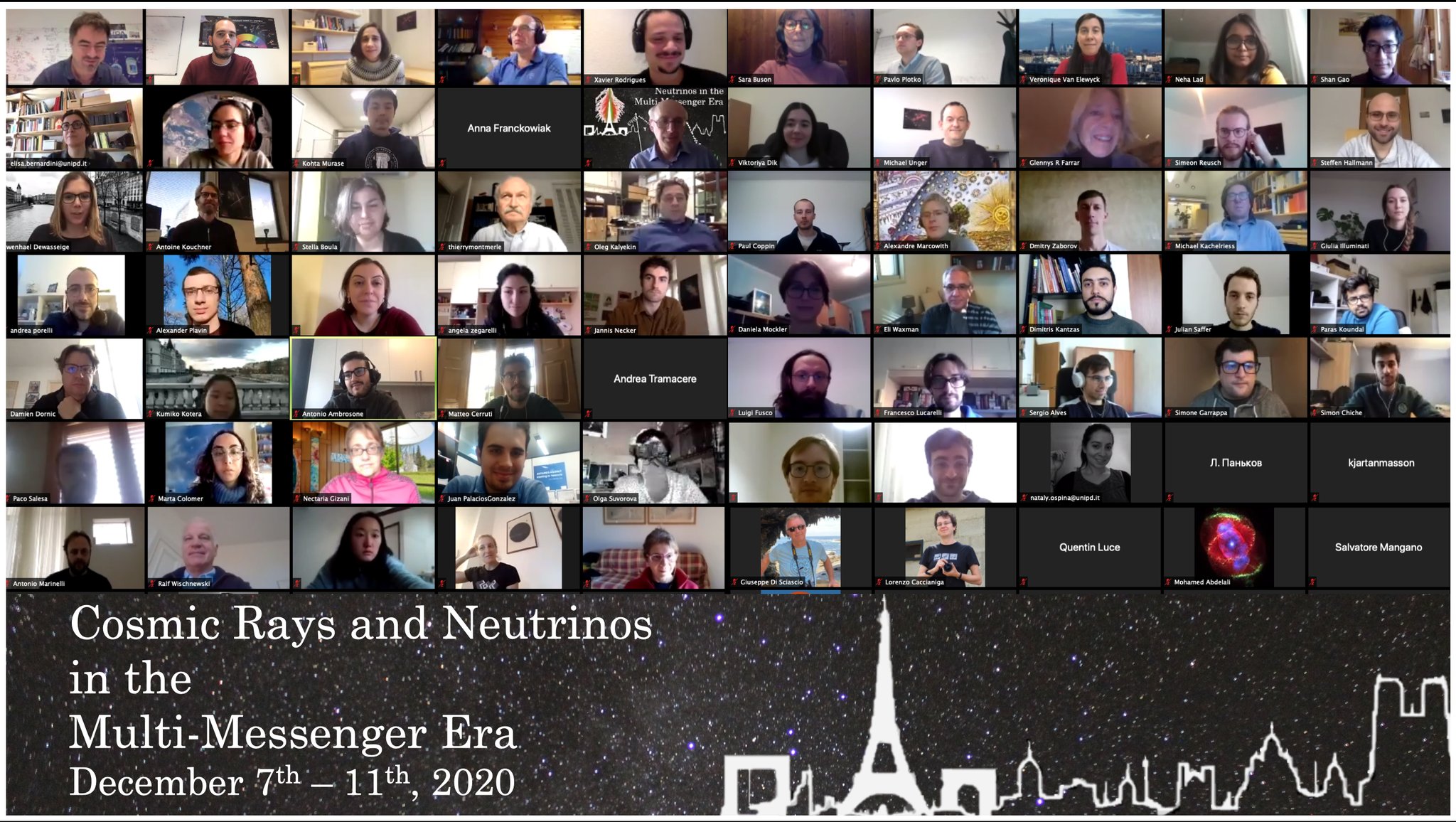
The conference brought researchers working in the field of high-energy cosmic rays and neutrinos on a common stage to discuss their ongoing work and discuss plans for the future of multi-messenger astronomy.
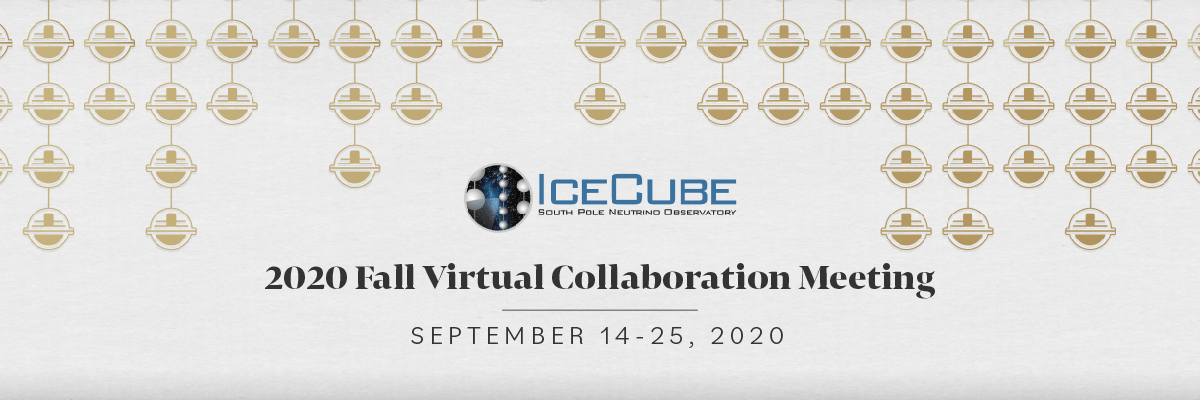
Due to travel restrictions and safety concerns, the meeting was conducted virtually, from Sept. 14 - 25, 2020.I also presented in one of the parallel-sessions about the progress made in the analysis.
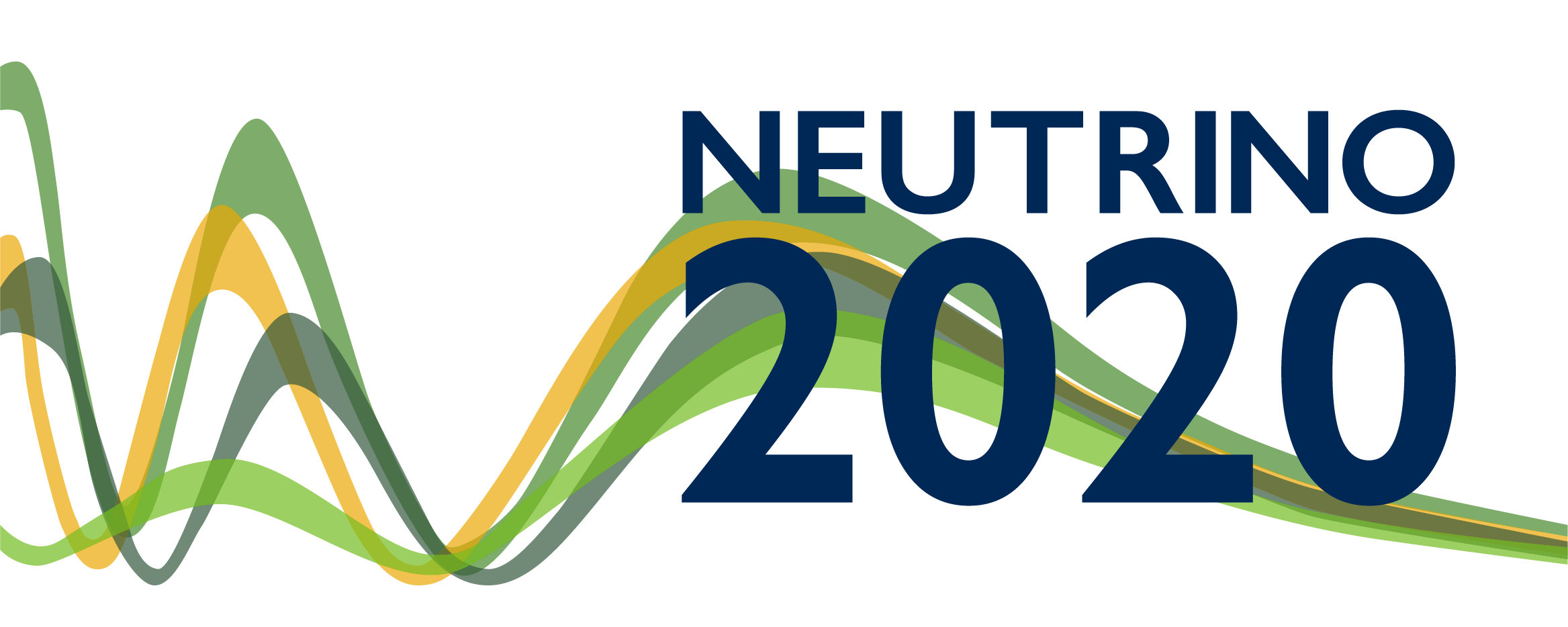
An International Conference on Neutrino Physics and Astrophysics, Neutrino 2020 conference included 4,350 registrants from 67 countries on all 7 continents. The conference generated 5,800 YouTube views of conference posters, 23,078 communications on Slack, and 62,000 visits to the Neutrino 2020 website.
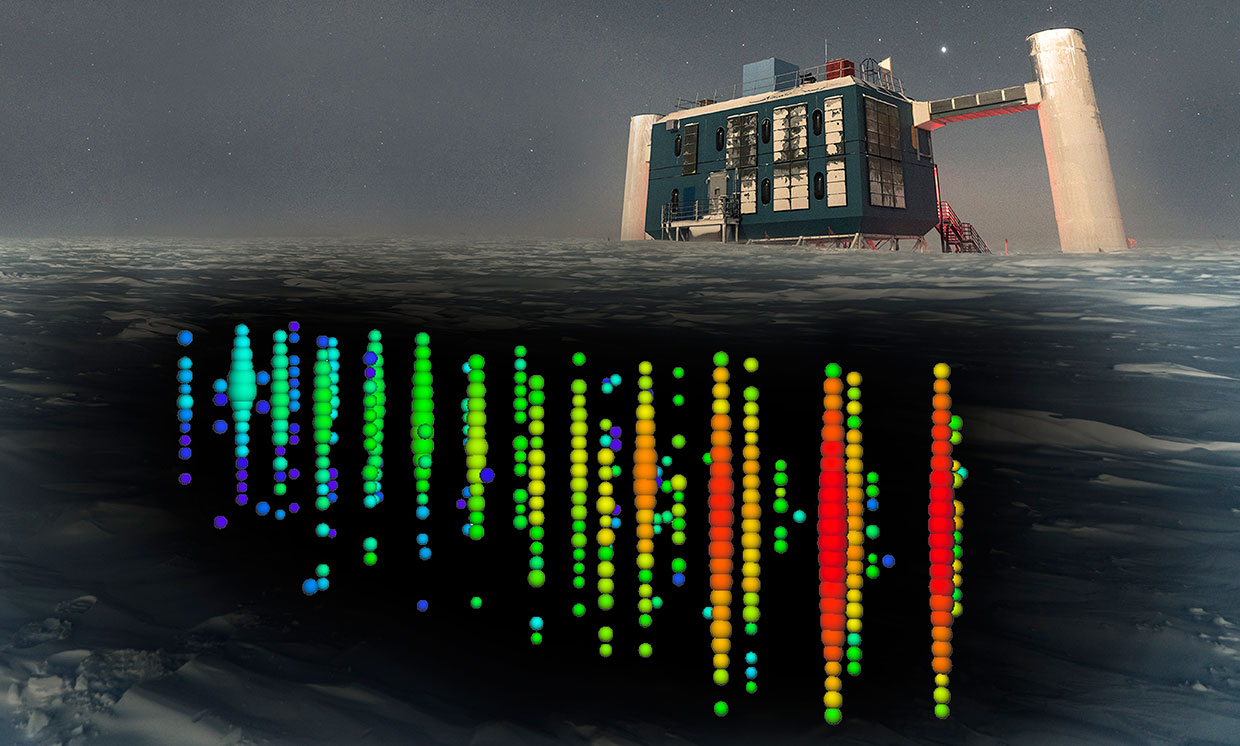
BootCamp for new Ph.D. and Master's students giving them an introduction about the IceCube observatory and covering basic software and analysis techniques.
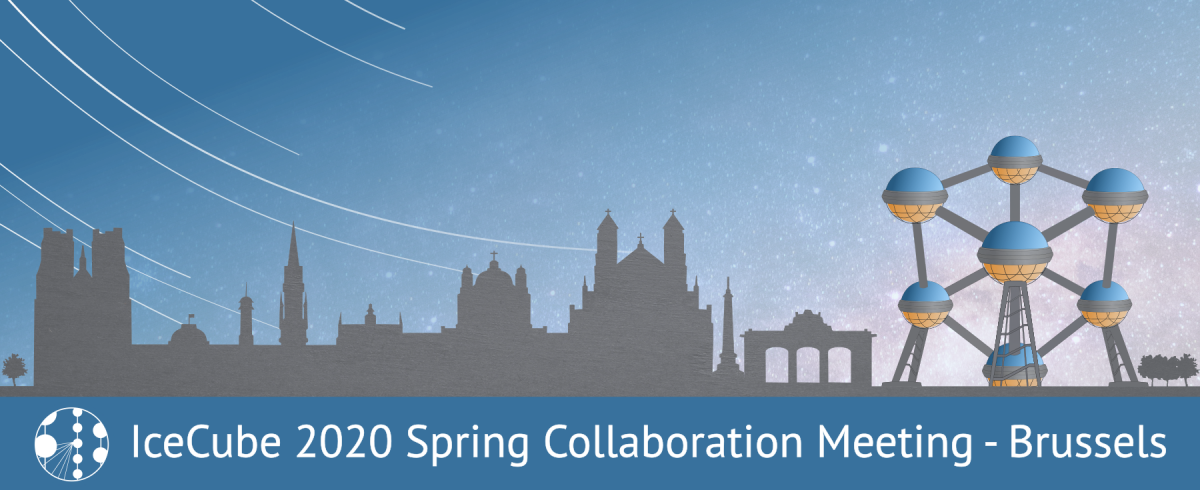
Earlier planned to be hosted in Brussels, Belgium; the meeting was shifted to a virtual one due to the rapid escalation of travel restrictions related to COVID-19 at a significant number of IceCube institutes. The meeting is focussed on discussing the updates of various working groups in the collaboration and have a common stage for discussions about the agenda for the future.
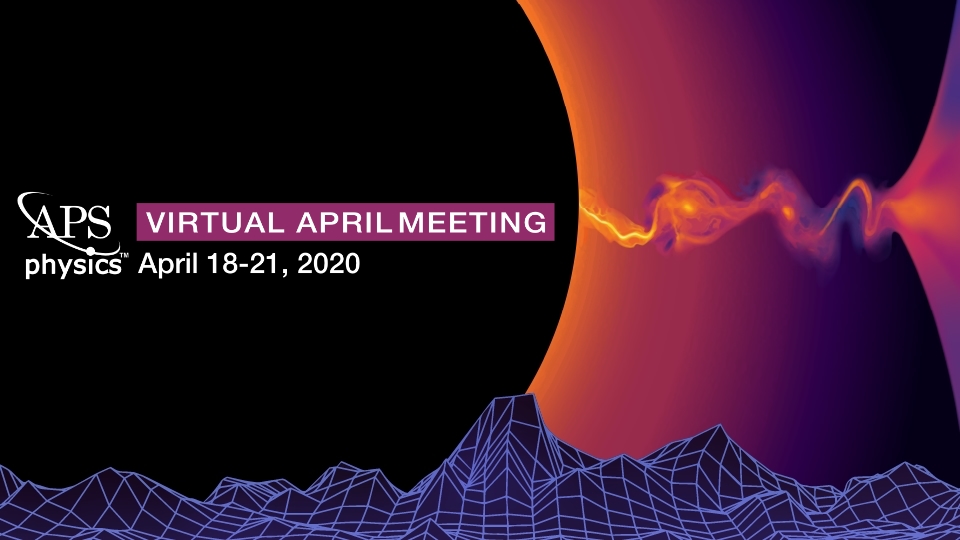
One of the first major Physics Conference to go virtual, discussing broad range of topics spanning astrophysics, particle physics, nuclear physics, and gravitation.